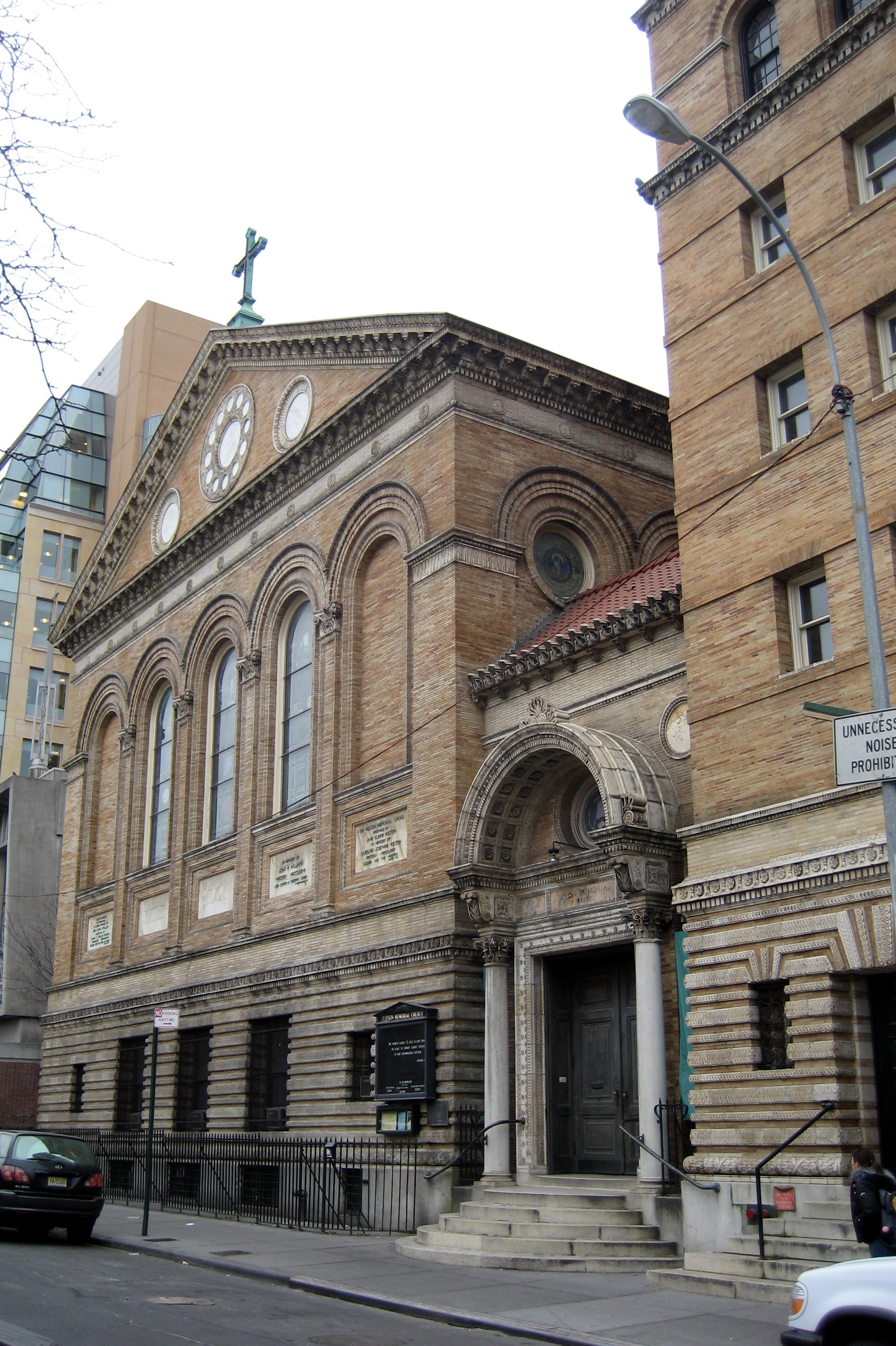Strike A Chord: Constructing a Community for Non-U.S. Citizens

Judson Memorial Church by Washington Square Park
Ravi Ragbir has been fighting his deportation since 2006.
In the years since he first arrived in the U.S. from Trinidad and Tobago, Ravi says he has faced many difficult situations because of his non-citizen status.
“I have literally lived through everything ICE can throw at you. Including one time being abused, physically abused by officers where I was being held in detention," Ravi said. "They kept me in detention for just about two years. And they also moved me down to Alabama. What they do is they try to break your spirit.”
But Ravi says ICE has not taken his determination to fight his deportation. He became the director of the New Sanctuary Coalition (NSC) to help other non-citizens—”friends,” as NSC calls them—fight similar situations.
“But because I have lived through this, my experience makes me very valuable because I can relate to what people are facing," he explained. "When people are in detention, it’s easy to give up. It’s so easy to give up. You just want to get out of that place. And we have to encourage them, we have to show them that if they give up, they lose completely."
Ravi says that it is important to establish a solid community to help non-U.S. citizens in what he calls emergency situations. When ICE shows up at the door, it’s good to have people to call.
“But a lot of it, in preparing for the emergency is partnering, again, with US citizens, What we call “rapid response network” or what we call “buddy systems.” So I am an undocumented, I will have 5-6 friends who will be on an emergency alert, so if I text them and say ICE is at my door, each of them knows they have a repsonsibility, a role, one of whch is to mobilize a committee to show up at my door to help to protect me.”
NSC can help friends build those networks. Once a week, NSC holds clinics to provide friends with legal advice and people to call in case of an ICE emergency. NSC also has an accompaniment program that pairs friends with volunteers who support them during their court dates.
But non-citizens face other problems besides court dates and the threat of deportation. Many citizens are too afraid to ask for help from organizations when they need it. Ravi says a good portion of New York City’s undocumented population is homeless and unsure of how to get their children access to education.
He explains that many friends come to New York seeking a better life for themselves and their children, so the inability to access important resources is quite a blow.
“A lot of the time, especially from Central America, south of the border, people are leaving behind fear. They are leaving behind violence and gangs and threats and lack of employment and land grabs. They’ve had to flee, so it is not that people want to leave but they have no choice but to leave. They’re seeking freedom and dignity for more importantly their children but as well as for themselves.”

